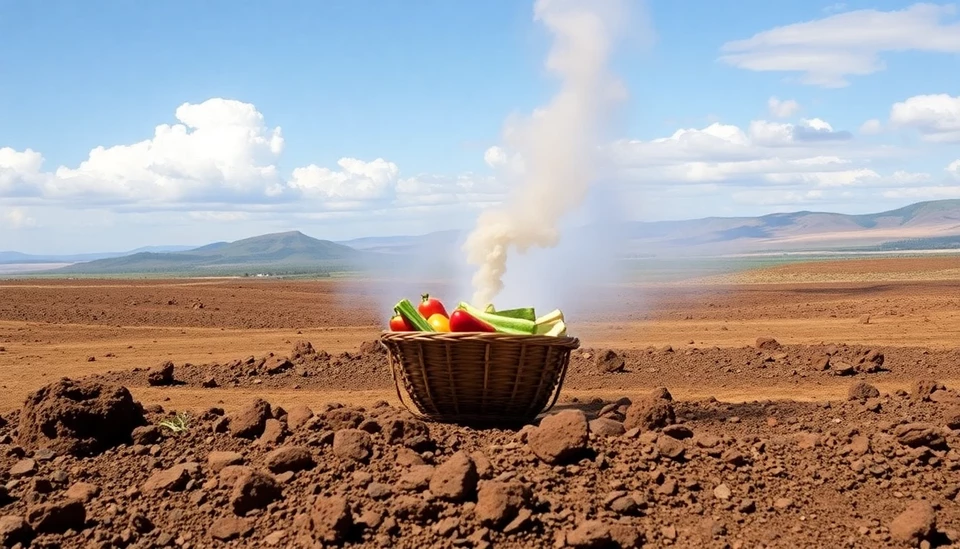
As the global conversation shifts increasingly towards climate change, a critical examination of our eating habits has emerged as a potential solution to mitigate environmental degradation. Recent discussions have highlighted how our food choices not only impact our health but also significantly affect the planet’s climate. As scientists and activists unite to propose actionable steps, the emphasis on sustainable eating is gaining traction.
Experts argue that individual dietary changes can collectively lead to a significant decrease in greenhouse gas emissions. For instance, a shift towards plant-based diets has been underscored as one of the most effective actions individuals can take. Reducing meat consumption, particularly red meat, can massively lower one’s carbon footprint. Farming practices for livestock are attributed to major emissions due to methane release during digestion and the extensive resources required for feed production.
Furthermore, the current food production system is highly energy-intensive, relying heavily on fossil fuels for everything from planting to transportation. Transitioning to local food sources, seasonal eating, and supporting sustainable farming practices are further recommended strategies to alleviate our environmental impact. By becoming more aware of where our food comes from and how it is produced, consumers can make choices that not only nourish their bodies but also support ecological balance.
An additional factor contributing to climate woes is food waste. The staggering statistics around food waste indicate that about one-third of all food produced globally is wasted, which translates to immense energy consumption and waste in resources. Activists encourage practices such as meal planning, proper food storage, and creative recipe-making to minimize waste levels. By reducing what we discard, we can effectively decrease the overall demand for food production, thus limiting associated carbon emissions.
Communities can engage in sustainable eating by promoting initiatives like community gardens, farmers’ markets, and local co-ops. Not only do these programs stimulate local economies, but they also foster a sense of community and educate individuals about the importance of sustainable practices. Collaborative efforts toward purchasing and consuming food grown in environmentally responsible ways can drastically impact climate change by enhancing biodiversity, promoting soil health, and reducing reliance on harmful pesticides and fertilizers.
Advocacy groups are also pushing for policy changes at local, national, and global levels to support sustainability in the food system. By holding corporations accountable and demanding more transparency regarding sourcing and production practices, consumers can leverage their purchasing power to encourage responsible actions from businesses, further driving the movement towards a greener planet.
As we stand at the crossroads of climate crises, evaluating our dietary habits emerges as a vital pathway towards sustainability. Each meal presents an opportunity for change, not just for individual health but for the health of the planet. By making intentional choices, we can take significant steps to combat climate change and protect our environment for future generations.
In the fight against climate change, our forks can be just as powerful as any policy. Choosing sustainable options, minimizing waste, and supporting ecological practices will help ensure that our planet and our plates can coexist in harmony. It's time to consider what we eat and how it affects the world around us, as our dietary decisions play a pivotal role in shaping a more sustainable future.
#ClimateChange #SustainableEating #PlantBased #FoodWaste #EcoFriendly #HealthandEnvironment #GreenLiving #LocallySourced
Author: Sophie Bennett




